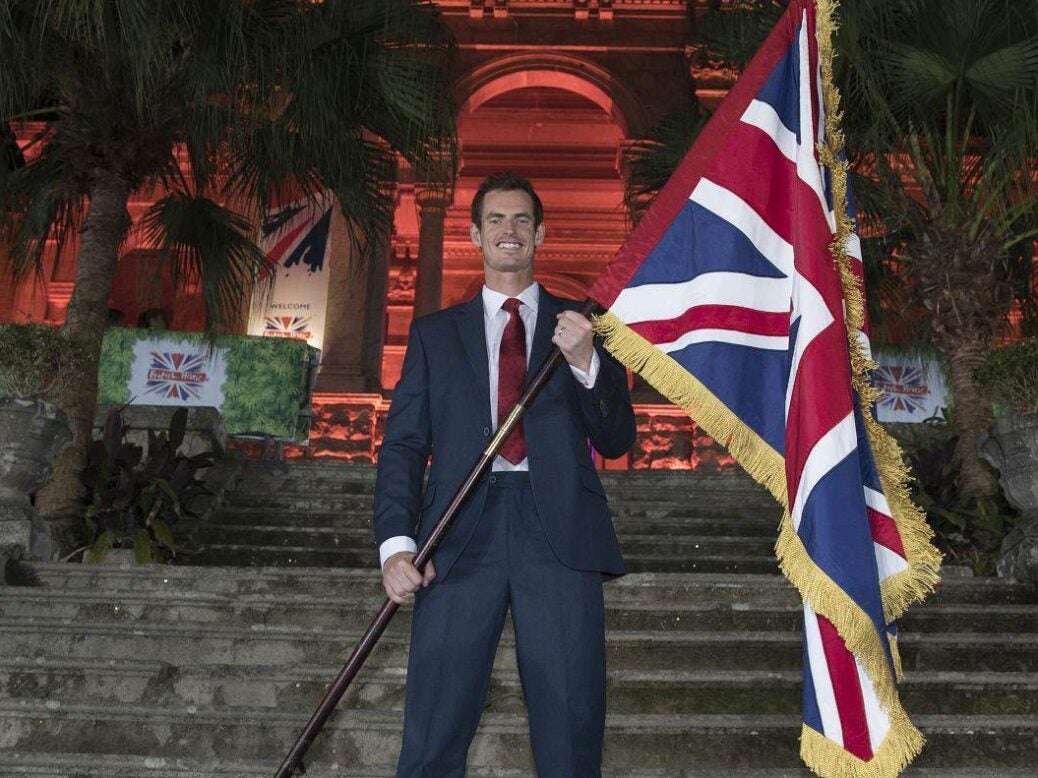
The Internet has erupted at one MP’s bizarre decision to praise the Olympic success of the British Empire. John Underwood turns historian to find out how other empires might have placed at Rio 2016.
To the untrained eye, it might seem as if the UK made a pretty good account of itself at this summer’s Olympic Games. Team GB is even now heading home from Rio with its best results in a century, having pushed China into third place for the first time since 2000 and become the only competing team in Olympic history to defy the host advantage and increase its medal haul at the Games after one held on home turf. Sir Mo, Dame Jessica and the rest (as they will surely become) can hold their heads up high.
However, Team GB’s achievements pale into insignificance compared to those of Team BE. Heather Wheeler, MP for South Derbyshire, last night took to Twitter to share the following message of praise for the collected athletes of the British Empire:

There are a number of problems with this thrillingly garish picture and the sentiments behind it. First and perhaps most obviously, many authorities contend that the British Empire breathed its last sometime between 1947 (when India gained its independence) and 1997 (when Hong Kong was finally ceded to China); virtually nobody insists that the Empire is, as it were, a going concern.
It could further be suggested that lumping together the aggregate Olympic achievements of Britain, the Commonwealth realms and every other country that was at some point pink on the map (you can generally spot them by the colonial-era laws criminalising sodomy) is not only irrelevant but tasteless in the extreme.
Finally, it seems germane to point out that even if the entire USA and not just the Thirteen Colonies are generously included in the count, the medal haul of the constituent parts of the British Empire seems to come to 316 rather than the 396 asserted by Mrs Wheeler; or, rather, by political blog Guido Fawkes, which appears to have first published the infographic. (The worldwide Olympic medal total of 974 is, however, correct, which suggests that eighty medals’ worth of countries not listed as former British territories on Wikipedia have been included.)
The inspiration for Guido Fawkes’ calculation seems to be an especially tone-deaf tweet by the European Parliament, which yesterday blithely claimed Olympic victory for the European Union – an unapologetic red rag to those whose greatest fear is a European superstate.

Whatever the reason for Mrs Wheeler’s tweet, it’s certainly netting the British Empire plenty of post-Olympic media coverage. So it seemed only in keeping with the internationalist spirit of the Games to assess the performance of a few other historical powers. Below, therefore, is an incomplete medals table for empires which could apparently be said to have competed at the 2016 Summer Olympics.
N.B. There are, of course, challenges associated with measuring the sporting achievements of defunct geopolitical entities; most if not all historical empires contained parts of various modern countries without necessarily being able to claim them entirely. In the interests of clarity, two scores – one for the countries that were fully part of the empire in question, and a larger total including countries that were substantially but not wholly part of the empire – have been provided wherever possible.
British Empire
Total medals 195 (316)

Despite a confident overall performance by the empire ‘on which the sun never sets’, the bulk of this year’s Olympic success for Team BE was actually left to a relatively small number of countries. 39 former British colonial possessions failed to mount a single podium, with a further thirteen winning between one and three medals. Australia, Kenya, Jamaica, New Zealand and Canada all finished in the top 20 countries by number of gold medals won, while the United States of America’s dominating performance (which admittedly included the 36 states that were never British possessions) underlined the wisdom of the British Empire’s westward expansion.
Mongol Empire
Total medals 125 (206)
The combined might of China and Russia is apparent in the solid performance of the largest contiguous land empire in history. This empire also benefited from strong performances by South Korea and Hungary, underlining the sheer size and versatility of the Mongol team. Of course, everyone loves to see family members like Team GB’s Brownlee brothers competing together – and with one in every 200 men worldwide related to Genghis Khan, Team Mongol Empire has fielded a clutch of cousins at the very least.
Personal empire of Alexander the Great
Total medals 29

In many respects the Sebastian Coe of his day, Alexander the Great conquered huge swathes of Eurasia, forging a unified territory that eventually stretched from the Adriatic Sea to the Indus River. His empire did not, alas, survive him, which may account for Team AG’s relatively weak showing at this year’s Olympics. Alexander himself had little interest in the Olympic Games, preferring to concentrate on arts, science and killing Persians – activities that are no longer recognised by the IOC.
Inca Empire
Total medals 0 (12)
Despite having something close to a home town advantage, the team representing divine emperor Pachacuti and his successors only manage to scrape any medals once you include Argentina and Colombia, at best partial members of the empire, in their tally. Disappointing.
Achaemenid Empire
Total medals 101

The impressive medal haul of the Achaemenid Empire, first established by Cyrus the Great and stretching at its peak across eight and a half million square kilometres of Asia and southeastern Europe, could be increased by more than 50 per cent if Russia’s 56-medal total were included. However, it seems unreasonable to credit Team AE with Russia’s achievements, considering that only a sliver of the modern nation would have been contained within the borders of Cyrus’ realm. As one of the more progressive and well-organised empires of the classical period (its citizens had more-or-less equal rights and enjoyed amenities including a postal service), the Achaemenid Empire would surely have preferred to win fewer medals but know they were entirely deserved.
Roman Empire
Total medals 304 (343)
Few will be surprised that Team RE dominated once again at this year’s Games, benefiting from the enormous successes of the combined Gaulish athletes as well as a strong showing from Britain. The Roman medal haul is one of the hardest to accurately assess – almost forty medals were won by countries that today fall mostly outside the Roman Empire, were only briefly conquered or have since fragmented. For example, although the UK’s 67 medals have all been included in Team RE’s unadjusted total of 304, 13 of those medals were won by Scots who would have presumably been unlikely to compete as Roman subjects (although, ironically, the lower portions of Hadrian’s Wall might have made ideal practice hurdles). It’s almost as if the Olympic success of extinct empires is irrelevant in the real world, isn’t it?











